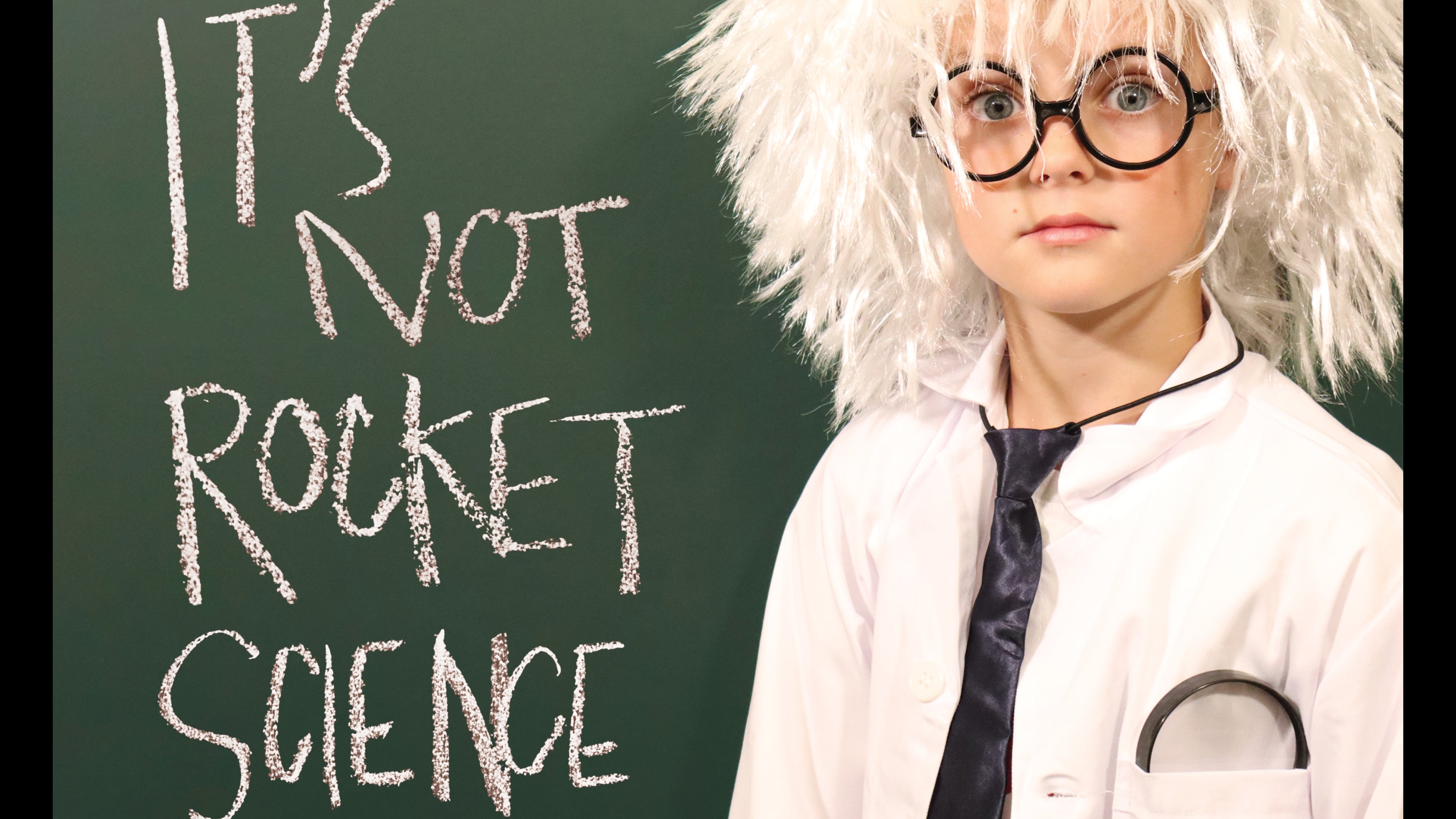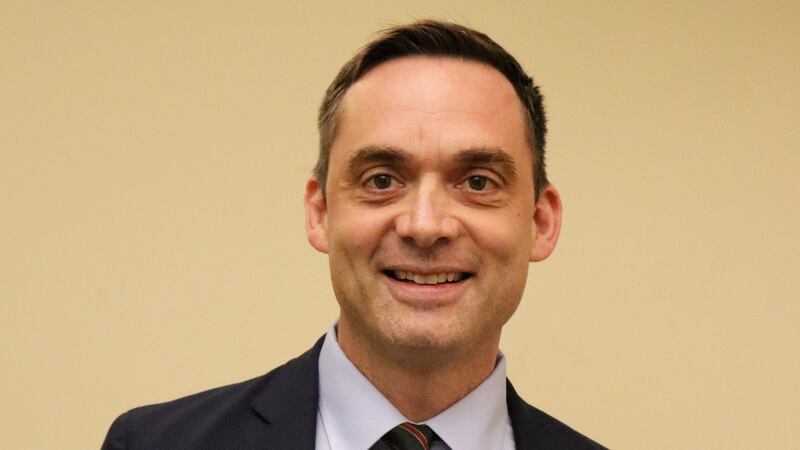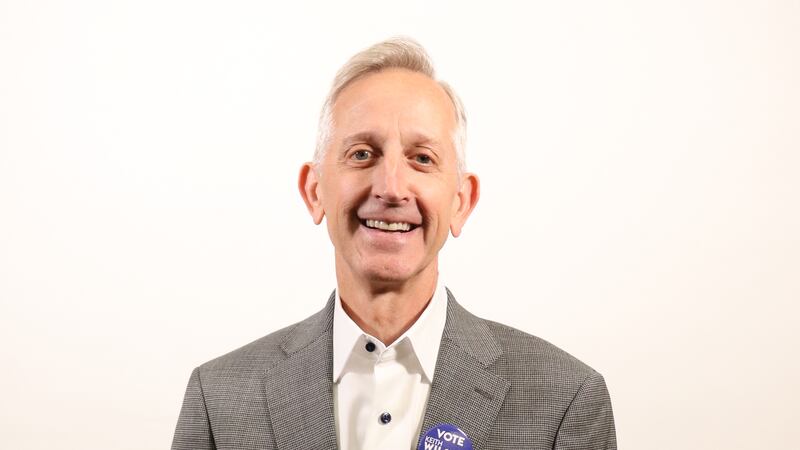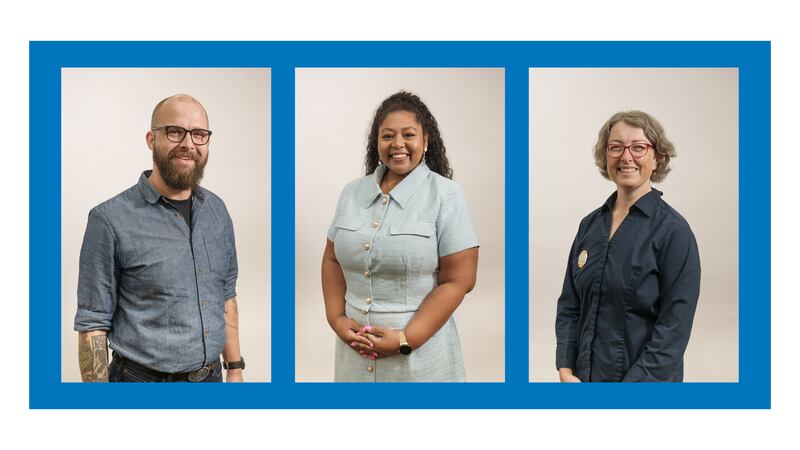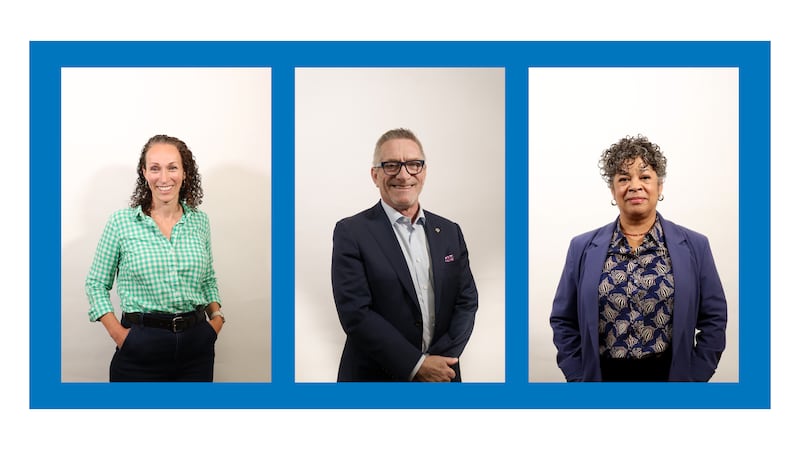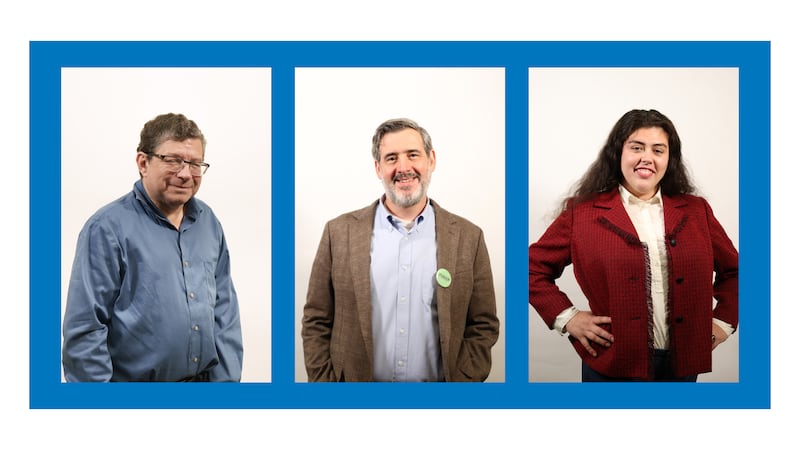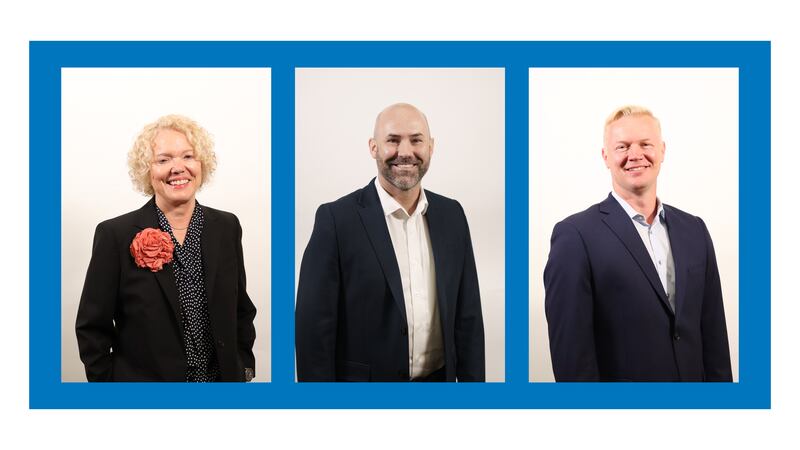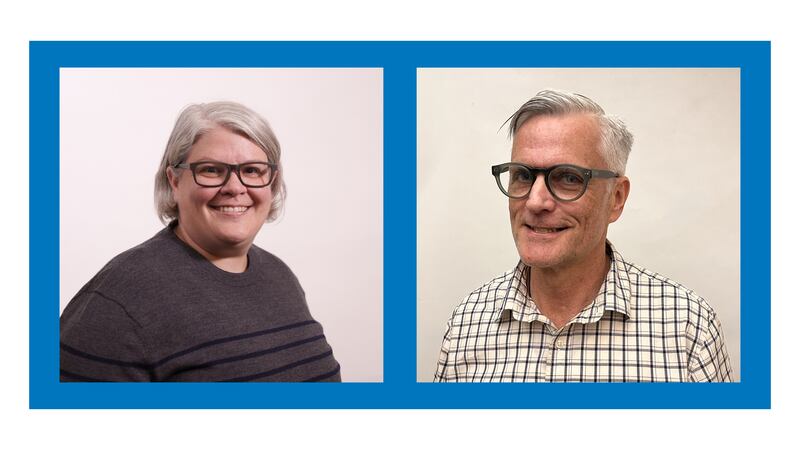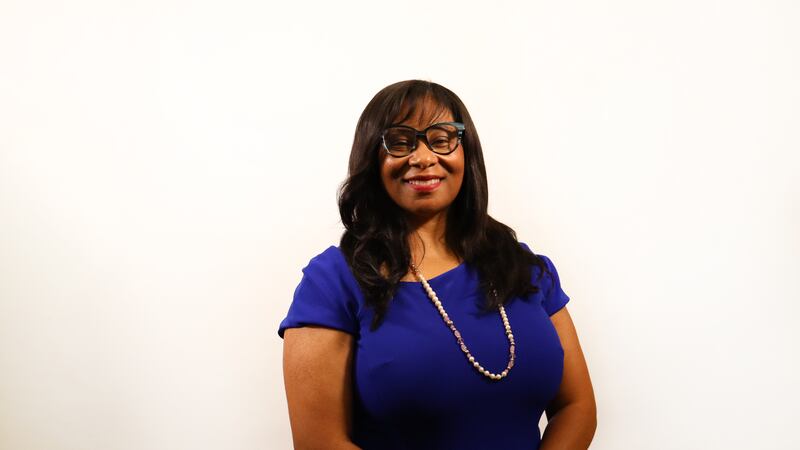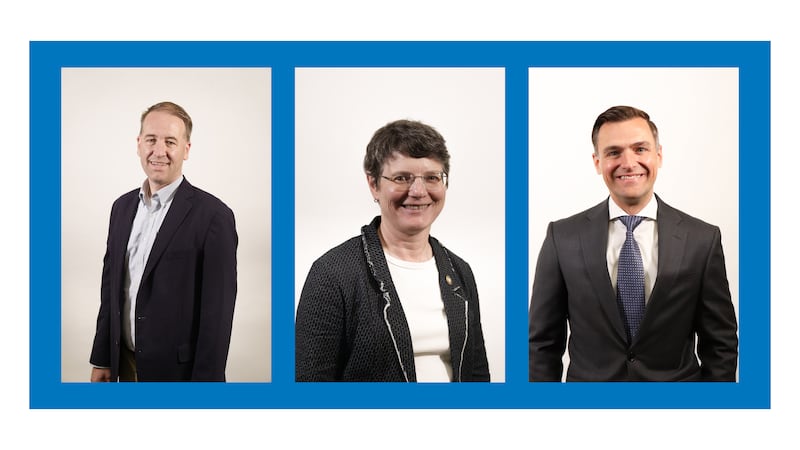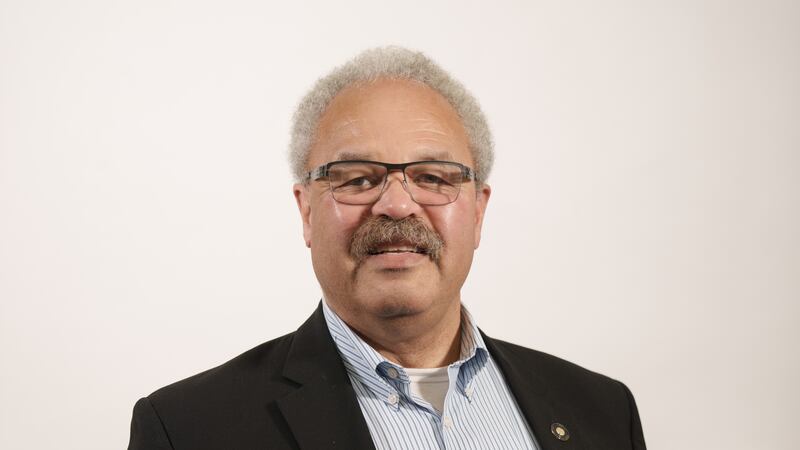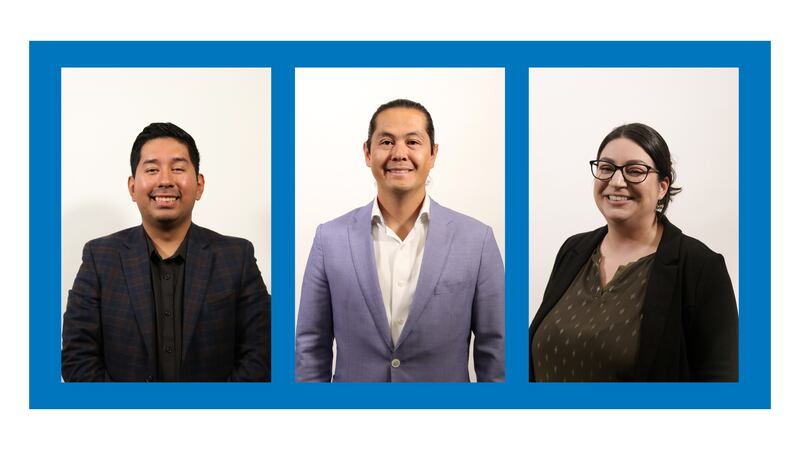Portland voters wanted new options. Now we have them—so, so many of them.
When ballots arrive in mailboxes this week, Portlanders will be confronted with a list of candidates the length of a Cheesecake Factory menu. One hundred and eighteen candidates are running for four City Council districts, plus an open mayor’s seat. In one district, 30 candidates will appear on the ballot.
In those city elections, voters will get a chance to rank six candidates for mayor (although only one can win) and six in your (newly drawn) district of residence (three will win).
It’s asking a lot of voters, both because it’s entirely new and because many of the candidates lack the visibility or track record of candidates they’ve come to expect in city elections. It’s a little like getting out of a long relationship, opening a dating app, and being bombarded by pictures of men holding fish.
Nobody blames you for feeling overwhelmed. But there’s a lot at stake here. The next mayor and council will need to create a functional government, determining how the city operates under the control of a city manager—and they’ll be doing so while grappling with record-high homelessness, an enfeebled downtown, and whatever tumult is unleashed by the presidential election results.
Change is hard. But anybody who’s watched City Hall or lived in Portland for more than a minute knows it’s necessary. The commission form of government put elected officials, often without training or experience, in charge of complex bureaus. That meant bureaucrats often lacked meaningful oversight and commissioners pursued short-term political victories and protecting their turf rather than efficiency. The new form of government offers as much opportunity as it does potential for disaster.
Somebody needed to sit down with the horde of candidates and suss out who among them is up to the challenge.
So we did.
Over the past month, WW invited more than 100 city candidates to our offices for a series of interviews. We divided them into groups and peppered them with tough questions (and, for a little levity, asked them what they were like in high school). To our knowledge, we’re the only Portland media outlet to invite every candidate, no matter whether they’re backed by powerful interests or filed on a whim. But we think you deserve that level of rigor.
In an effort to help you think through your choices all the way to the last oval, we’ve ranked the candidates one through six, as you’ll be asked to do. We don’t expect you to follow our advice to the letter. But we believe we should have to make the same complex decisions you’ll face. (If you need more information, there are videos of our interviews at the bottom of each endorsement online, and all posted here.)
As in all elections, we looked for candidates who possess integrity and intelligence, and bring a diversity of experiences, ideally with relevance to governing. Most of all, we sought candidates who could demonstrate independence from the city’s two power bases: the business sector and public employee unions.
We only issue endorsements in contested races (which is why you won’t find the city auditor’s race, in which Simone Rede is running unopposed for reelection). We’ll issue an endorsement in a contested judge’s race in the coming weeks.
This election is hugely consequential to somebody who is not on the ballot: Multnomah County Chair Jessica Vega Peterson. The chair—who wields enormous power over the agency most directly involved in homelessness and public health, including substance use disorder—needs to respond to the dysfunction on our streets with clarity, urgency and effectiveness. She has failed to do that. The candidates we’ve picked in two county commissioner races can help.
At the national level, we see a significant threat to Oregon’s values, led by a racist, anti-science demagogue and his bootlickers. The votes we recommend for Congress are intended to provide a bulwark against people who would deny women the right to make choices about their own bodies.
Elsewhere on your ballot, you’ll find five statewide ballot measures (spoiler alert: We don’t like most of them) and some less consequential local measures. Oregon has a small population and a user-friendly initiative system. That makes us a crucible for new ideas but as drug-decriminalizing Measure 110 showed, new ideas require disciplined execution. Let’s take a pause on policy written on the back of bar napkins, or referred hastily by the Legislature.
The ballot you will receive this week is indeed like none you’ve received before. But it’s not Sanskrit—just a different way of communicating the choices in front of you.
Portland and Oregon enjoy a wealth of natural advantages—scenic beauty, a mild climate conducive to growing everything from walnuts to Douglas firs, and an engaged, educated populace. But we’ve drifted off course, squandering our enviable position as the biggest city in a state others looked to for inspiration. Along the way, we’ve wasted untold taxpayer dollars on ineffective responses to an undersupply of housing and an oversupply of fentanyl.
That’s where you come in. Fill a glass with your favorite beverage and open that ballot. Your votes are your opportunity to shape a better future. Choose wisely.
